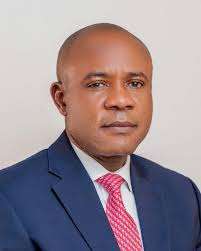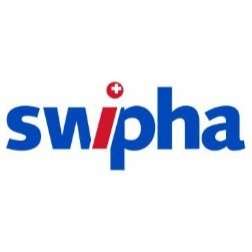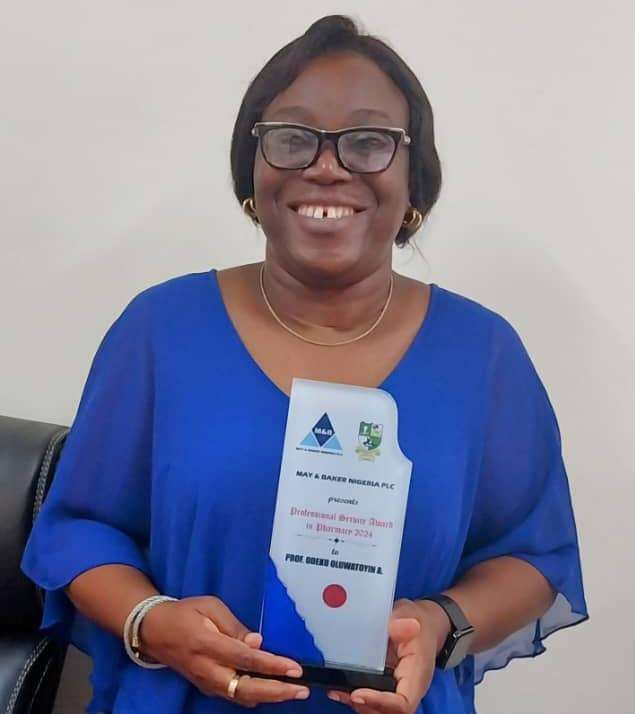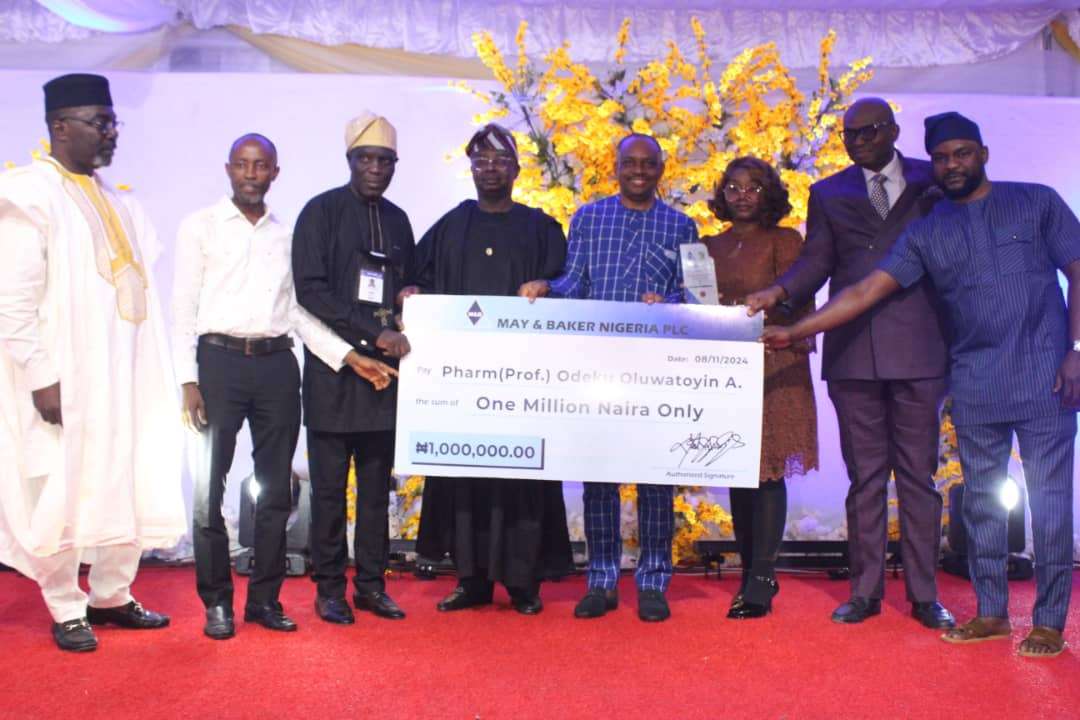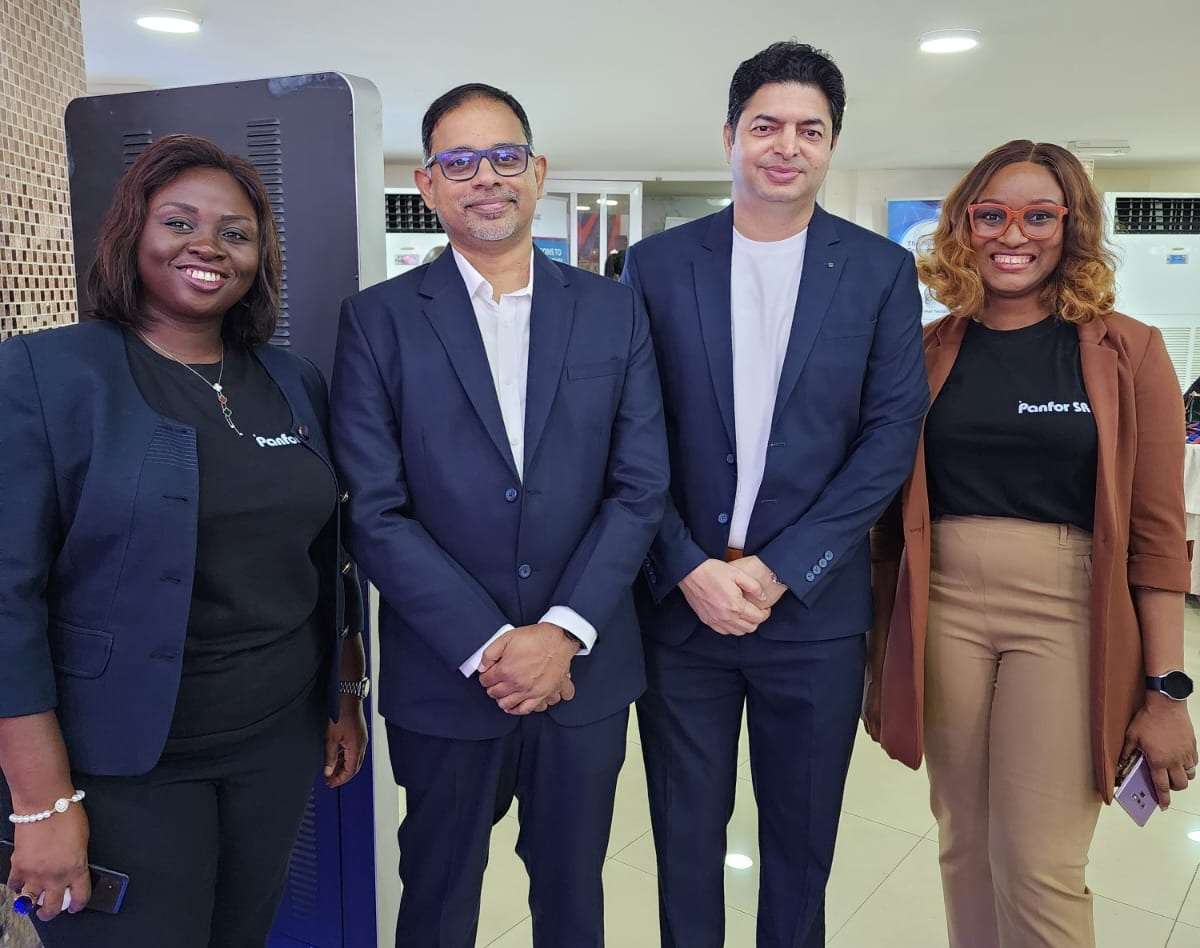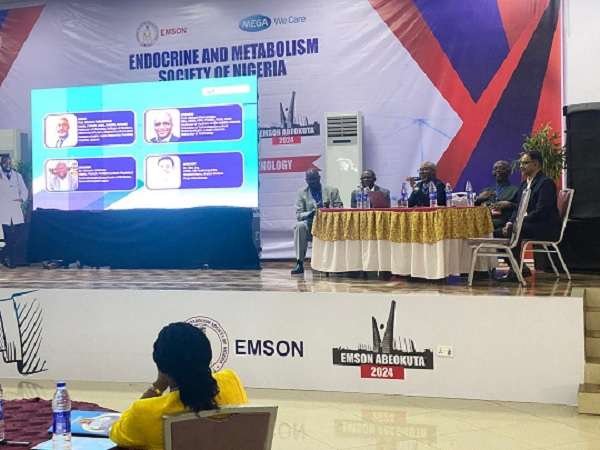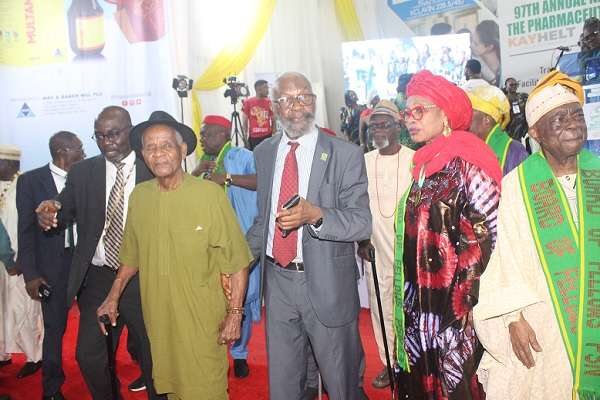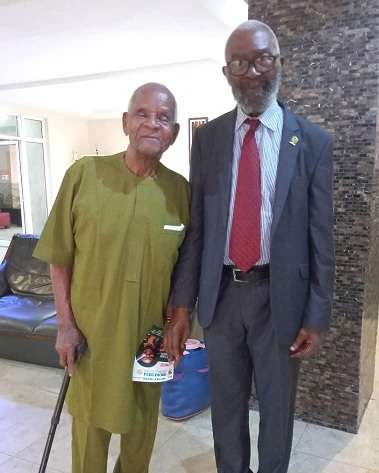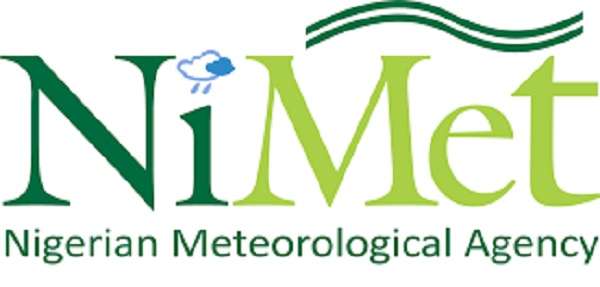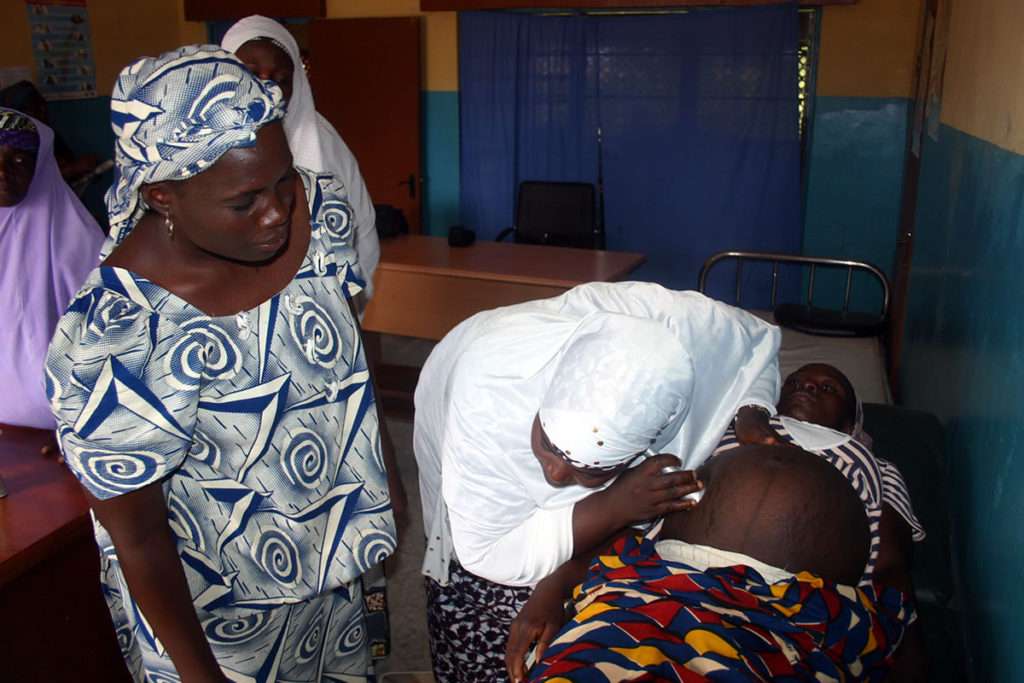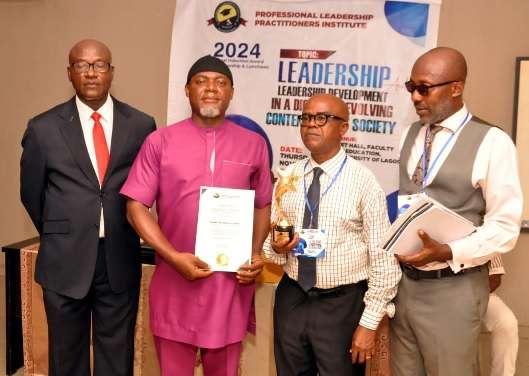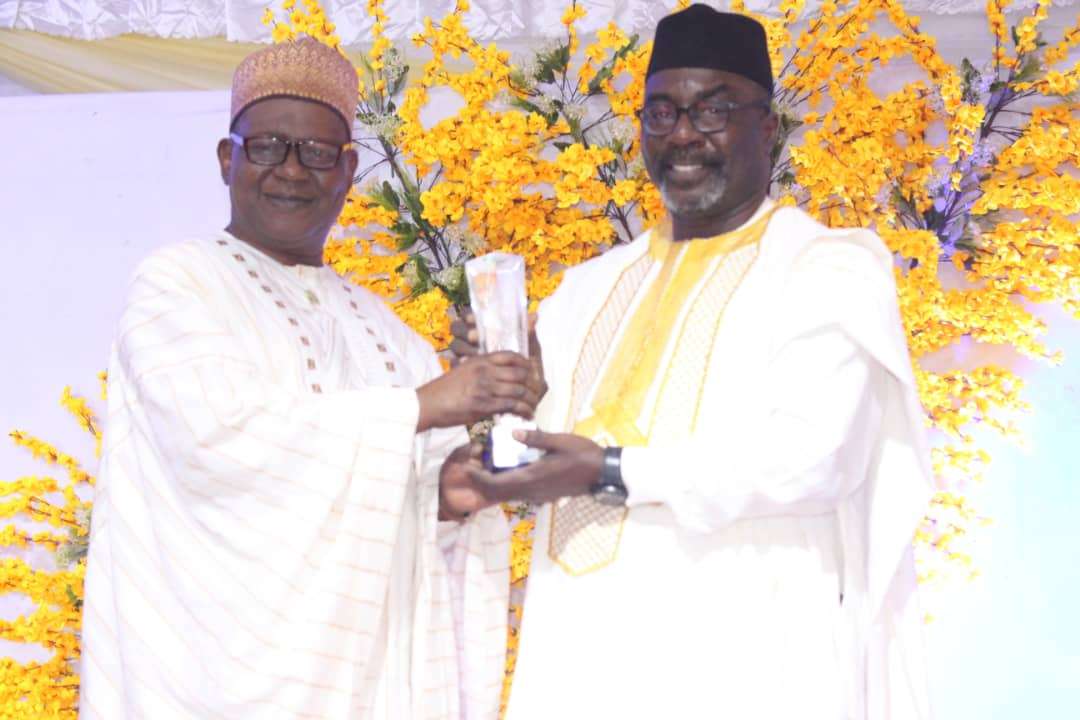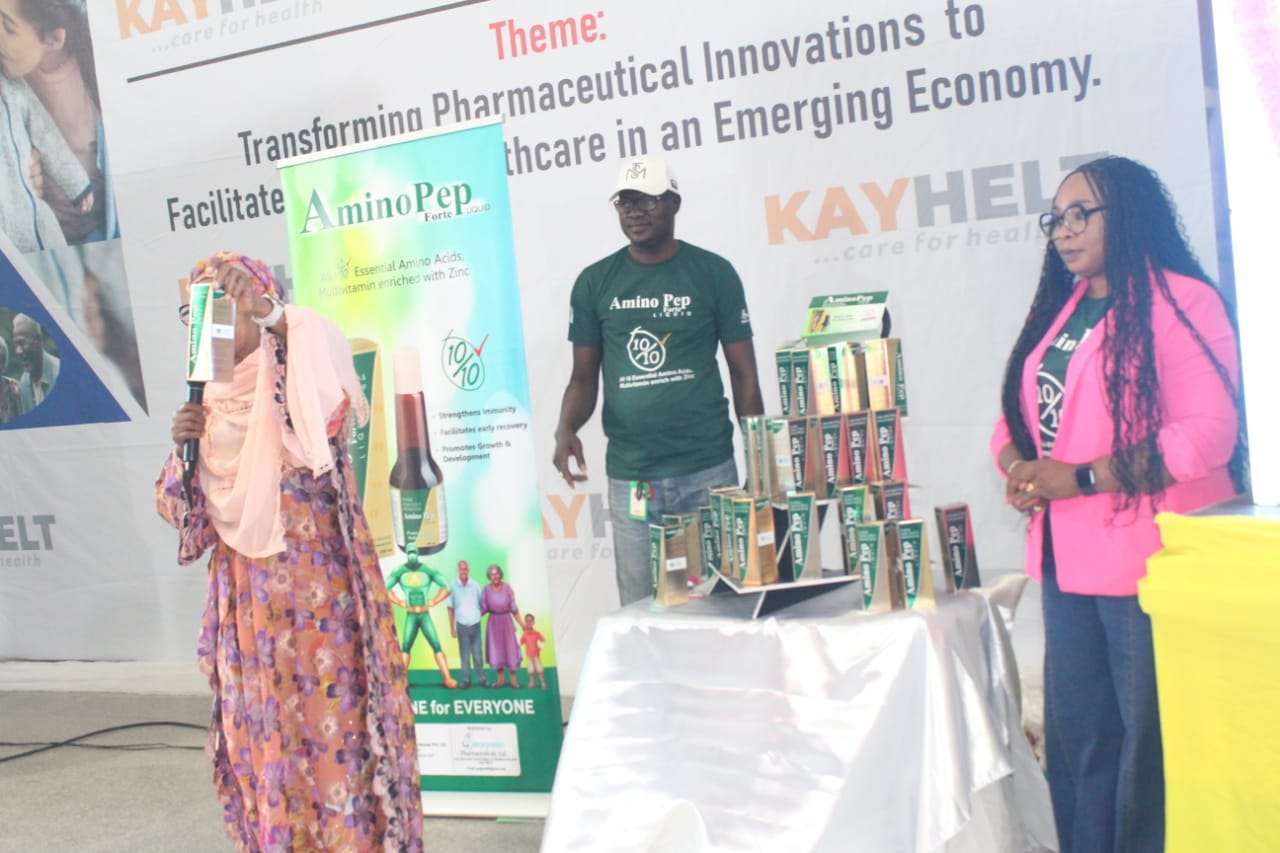
Drug manufacturers and importers in Nigeria have identified the forex crisis and the persistent depreciation of the naira against foreign currencies as the primary factors driving the continuous rise in drug prices.
Speaking to Pharmanews in separate interviews, they commended the Federal Government for removing tariffs and duties on pharmaceutical products but warned that the forex crisis might negate the benefits of this policy unless the government provides a lasting solution.
The Managing Director of May & Baker PLC, Pharm. Patrick Ajah, expressed concern over the impact of the forex crisis on pharmaceutical manufacturing in Nigeria. While lauding the removal of tariffs and duties on pharmaceutical products, he urged the government to urgently address the forex issue.
“There is a limit to what companies can do regarding the rising cost of drugs. Most of the materials used in drug production, such as active pharmaceutical ingredients (APIs), are imported, and with the current forex situation, companies have little room to manoeuvre. As long as the naira remains as devalued as it is, if the government doesn’t address the forex problem, the prices of drugs and other products will continue to rise persistently,” Ajah said.
He added, “Companies are incurring losses. Two years ago, the exchange rate was N461 to $1. Now, it is about N1,600–N1,700, a more than 300 per cent increase. Drug manufacturers are struggling to keep prices steady. Without government intervention, things will remain expensive for a long time.”
The General Secretary of the Indian Pharmaceutical Manufacturers and Importers in Nigeria (IPMIN), Prasenjit Banerji, highlighted forex as the main reason for soaring drug prices in Nigeria. He suggested that the best option would be to have zero duty on finished pharmaceutical goods and to accept direct trading in Indian Rupees.
Pharm. Ade Popoola, managing director of Real Pharmaceuticals Limited, pointed out that the rising cost of drugs in Nigeria is primarily due to the exchange rate rather than tariffs and duties, which are 5 per cent and 10 per cent, respectively.
“The removal of 10 per cent duty or tariff may not have a significant impact if the exchange rate remains at N1,600–N1,700 to $1. To truly reduce drug costs, the government should provide a special exchange rate for pharmaceutical transactions,” he stated.
Dr Lolu Ojo, managing director of Merit Healthcare Limited, echoed these sentiments, emphasising that the devaluation of the naira is a major driver of rising drug costs. He noted that Nigeria’s economy is heavily import-dependent, and foreign exchange plays a crucial role in international trade. With the naira losing much of its value, prices of imported products, including medicines, have inevitably risen.
Ojo recommended addressing systemic inefficiencies to revitalise the economy and suggested bulk purchases backed by forex for essential items like medicines.
The Chairman of the Association of Industrial Pharmacists of Nigeria (NAIP), Pharm. Ken Onuegbu, also commended the removal of tariffs and duties, noting its potential to boost local production capacity. However, he stressed that the forex crisis, alongside the cost of APIs, machinery, and regulatory fees, significantly impacts drug prices.
“There are multiple factors contributing to the rising cost of drugs. To achieve affordable prices, all these challenges must be addressed. For instance, NAFDAC’s Good Manufacturing Practice (GMP) inspection fee is calculated at prevailing forex rates, which adds millions of naira to production costs,” he explained.
NAFDAC’s GMP inspection fee, currently about $11,000, was cited as a significant burden on manufacturers and importers, who often pass this cost onto consumers. Onuegbu called for special forex legislation and considerations for medicines.
Prof. Lere Baale, President of the Nigeria Academy of Pharmacists, described the forex crisis as having a profound impact on the pharmaceutical industry. He highlighted the rising costs of importing raw materials, APIs, and finished products, which has made healthcare less affordable for Nigerians.
To address the forex issue, Baale proposed promoting local manufacturing by reducing dependency on imported raw materials and finished products. He suggested investing in infrastructure and technology to support local production and encouraging public-private partnerships to establish local API manufacturing capabilities, which would reduce reliance on imported ingredients.
Baale also advocated for a dedicated forex window for pharmaceutical companies prioritising essential drug production. He suggested that the Central Bank of Nigeria (CBN) could provide such companies with access to foreign currency at favourable rates, alleviating the financial strain caused by exchange rate fluctuations.
He further recommended the establishment of a Forex Stabilisation Fund to support firms affected by forex volatility. By stabilising the forex supply to critical industries like pharmaceuticals, the fund could help reduce the impact of currency devaluation on medicine costs.
“Addressing the forex challenge in Nigeria’s pharmaceutical industry requires policy interventions, investments in local capacity, and strategic partnerships. By promoting local production, establishing dedicated forex windows, and strengthening the supply chain, Nigeria can mitigate forex volatility and ensure affordable medicines for all,” Baale concluded.




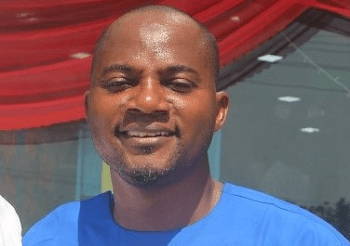




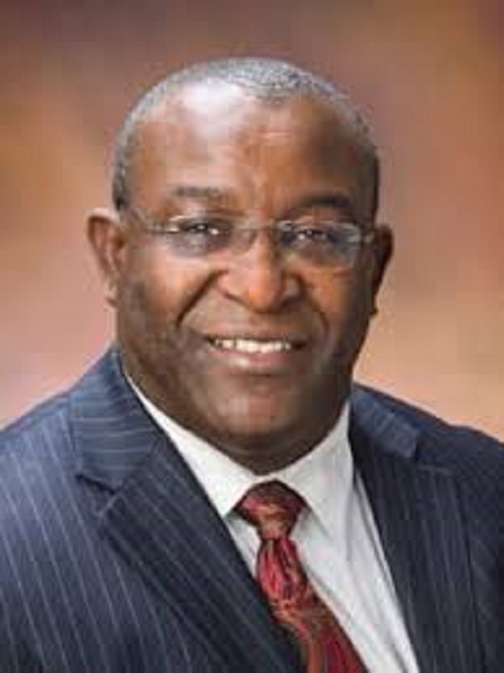


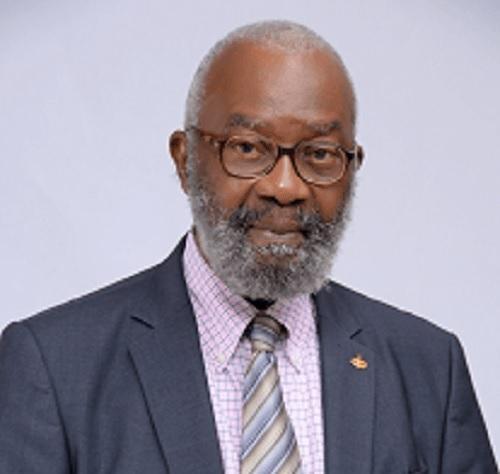



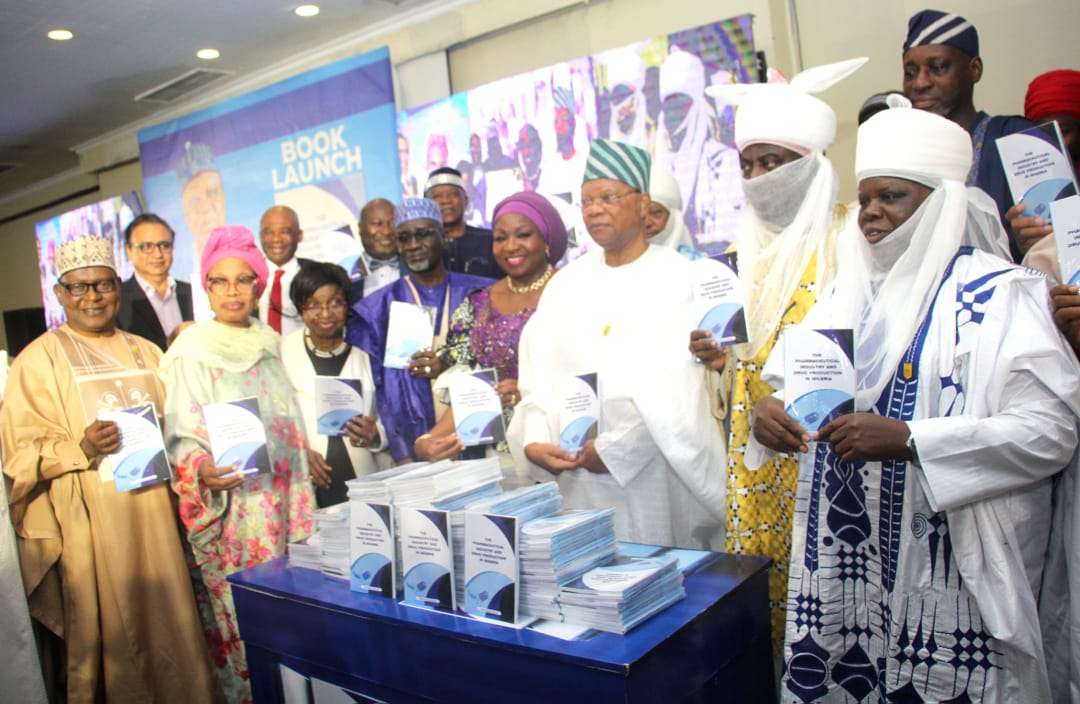


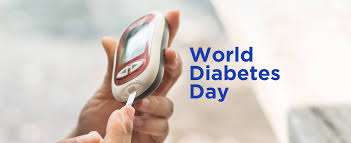


 The sixth edition of the Pharmanews Young Pharmacist of the Year is here, with equal opportunity for each contestant to emerge winner.
The sixth edition of the Pharmanews Young Pharmacist of the Year is here, with equal opportunity for each contestant to emerge winner.